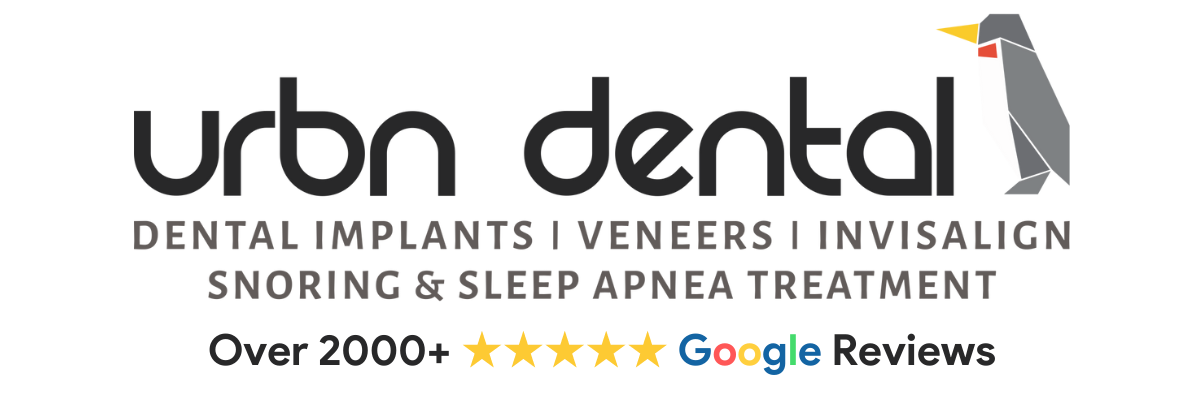Bone loss refers to the loss of jawbone around the teeth or teeth roots. Bone loss in the jaw is often associated with a medical condition known as “osteoporosis.” Osteoporosis is a disease that causes the bones in the body, including the jawbone, to decrease in density. Since one of the major causes of tooth loss is bone loss, this article will focus on bone loss and tooth loss treatment.
One of the major causes of bone loss is bacterial infections, especially the one that involves the tooth pulp or nerve in the tooth root. Bacterial infection can occur as an abscessed tooth, periodontal disease, or other infections around the gum line. Most time, tooth loss occurs at the site of the bacterial infection.
Sometimes, bone loss may not be directly linked with the teeth. For instance, bone loss in the jaw may be as a result of malignant tumors or benign that occurs in the jaws or at other body parts but spread to the jaws. Bone loss may also be caused by a medical condition known as Paget’s disease, which may produce a dental bone loss. More so, some medically prescribed drugs can trigger bone loss. For instance, when “bisphosphonates” are given intravenously, it can result in jawbone infection and subsequent bone loss.
So let’s consider some of the causes of tooth loss and dental bone loss.
The causes of tooth loss and dental bone loss:
The most common cause of tooth loss and dental bone loss is gum infections or gum disease. Gum infections are chronic and will result in loss of bone around the tooth/teeth with the bacterial infection. Most gum diseases are painless even when signs and symptoms like bad breath, tarter, bleeding, etc. are present, that is why they are mostly and easily ignored by some patients. Nevertheless, chronic gum disease tooth loss can sometimes become acute and painful, especially when the loss of bone around the infected tooth has become extensive.
It can take a very long time for chronic gum diseases to become acute. Once the infection becomes acute, it may be very difficult for the body to adequately heal the infection. As a result, gum disease tooth loss would occur and one or more teeth may come out by themselves or the tooth/teeth may be extracted due to an extensive bone loss.
However, not all gum infections are chronic. An aggressive and rare form of gum infection known as “aggressive periodontitis” gets worse faster than chronic gum infections. Aggressive periodontitis does not exhibit the usual symptoms of gum infections like bleeding and inflammation. This places patients with aggressive periodontitis at higher risk for tooth loss. Patients with compromised immune systems may also experience gum infections which may lead to tooth loss.
Another common cause of tooth loss bone loss is tooth infection. In fact, the second most common cause of tooth loss. Injured tooth, cracked tooth, and the dental cavity can trigger dental infection. If this infection remains untreated, it can spreads from the affected spot to other mouth areas through the nerve to the jawbone around the root tip. The untreated infection will eventually begin to destroy some of the jawbones that are next to the tooth root and this will lead to tooth loss. So it is best to see the dentist near me immediately.
Sometimes, tooth loss may occur due to bone loss with upper dentures. Upper dentures do not protect your jawbone against bone loss. In fact, there were reported cases of bone loss with upper dentures near me. Upper dentures can intensify loss of bone in the jaw. Upper dentures are not supported by the teeth or dental implants but rest directly on the gum tissues. Hence, they do not give enough stimulation to prevent bone tissue loss. Worse still, since dentures are not fixed, they tend to shift and rub against the gum tissue. This process can speed up bone loss in the jaw over time and this will lead to further tooth loss.
Loss of bone in the jaw does not only lead to tooth loss, which will leave unattractive spaces between the teeth, but it can also make it very difficult to achieve tooth restoration. This is why it is very important to have sufficient bone in your jaws for both functional and aesthetic reasons. In the case of gum diseases or an accident that results in tooth extraction or tooth loss, the jawbone and gingival tissue around the missing tooth heals very slowly than the adjacent tissue. This often leads to a bone defect. This is the reason why tooth loss should be treated as soon as possible.
Tooth Loss Treatment
Several dental techniques have been adopted to correct bone loss in the jaw and for tooth loss treatment. Some of these bone loss, tooth loss treatments include:
- Gum grafting or Regenerative bone: this involves – regenerating or rebuilding the jawbones and gingival tissues around and in-between the teeth.
- Composite bonding: this treatment reshapes the teeth to hide any space, holes, or black triangles between the teeth.
- Ridge augmentation: this is a surgical procedure that adds synthetic bone tissue or grafted bones and gum to restore the affected ridge to its right shape and height.
- Artificial tissue appliance: this is a flexible and removable gum-like plastic that is used to conceal missing gingival tissues.
- Fixed porcelain interdental addition: this is also a gum-like composite resin or porcelain that is added to dental bridgework or dental crowns to hide the unnecessary gaps between the gum and the tooth restoration.
- Tooth bone grafting: in the case of an extreme bone loss in the jaw or if your dentist has informed you that you have insufficient bone in your jaw for dental implants, the highly recommended option is bone grafting. Your dentist office near me would test your jawbone and evaluate the quality and quantity of your jawbone using some special devices. But if there isn’t enough bone the dentist would recommend bone grafting. Bone grafting involved taking a small amount of bone from other parts of your body and grafting it into the jawbone.
For more information on tooth loss and bone loss, kindly contact any of our professional emergency dentists near me.

